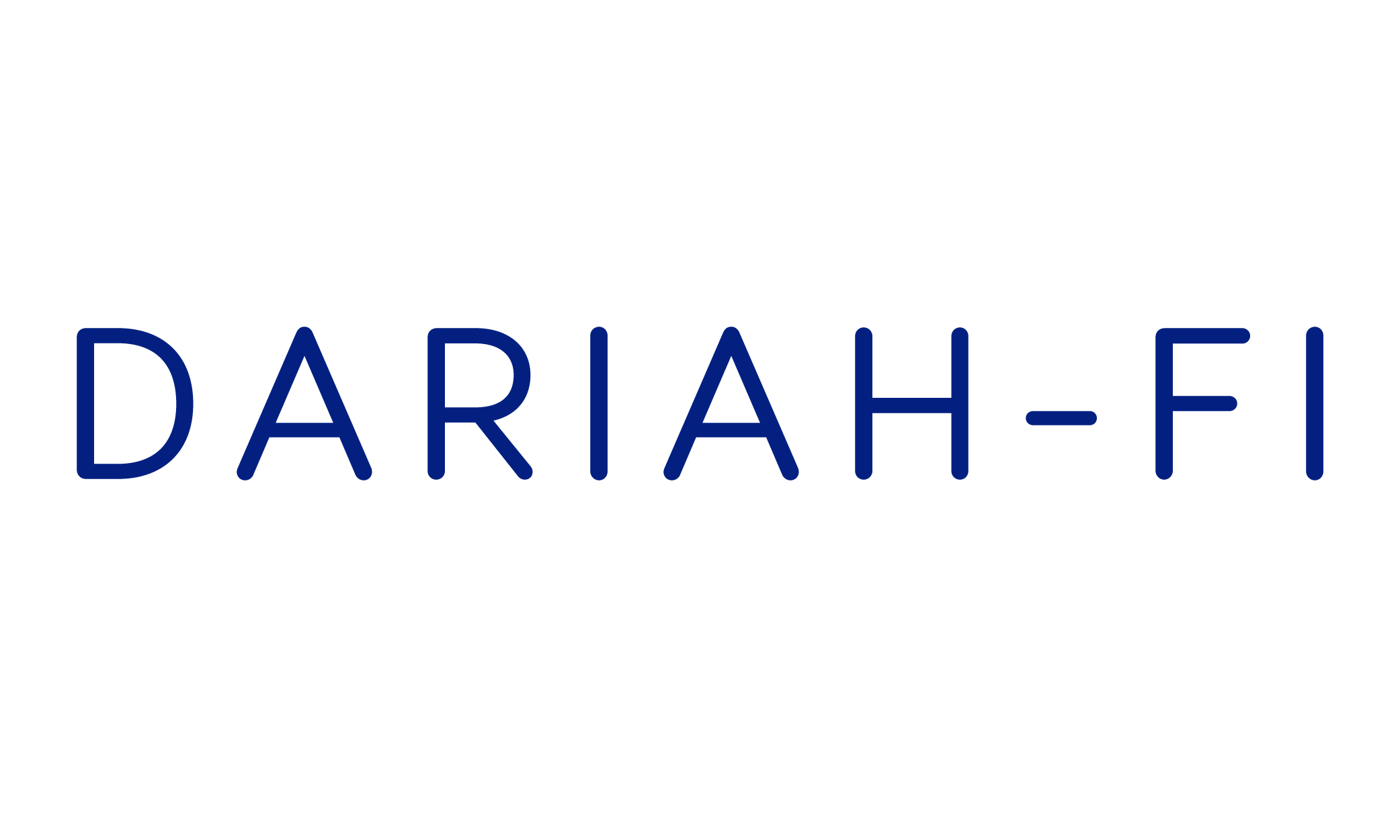
University of Eastern Finland
The local node at the University of Eastern Finland highlights interdisciplinary research and the use of digital methods in SSH research. Our profile area is societal big data. We have collected large-scale benchmark corpora of social media and developed methods for data-intensive analysis of digital social networks. One tool available for researchers is the Nordic Tweet Stream that contains 74 million messages from one decade of Twitter (2013-2023).
Contact

Paula Rautionaho
Department of Humanities, Faculty of Philosophy
Affiliated Groups

The main research areas are clustering methods, location-based services, data and web mining, and optimizing health care applications. Currently there are also activities in TSP, Twitter data analysis, intelligent robotics, algorithmic music composition, and biomedical signal analysis. Earlier topics have been image and speech processing.
Expertise
Contact
DARIAH node

Borders, Mobilities and Cultural Encounters BOMOCULT ![]()
BOMOCULT research community stems from the strategic objective of the University of Eastern Finland to provide answers to global challenges through research and it forms the core of the university’s profile area Cultural Encounters, Mobilities, and Borders. BOMOCULT is an abbreviation for these key terms in our research. We bring together research teams and scholars especially from the Karelian Institute, the Department of Social Sciences and the School of Historical and Geographical Studies at the Faculty of Social Sciences and Business Studies, as well as from the School of Humanities and the School of Theology at the Philosophical Faculty. Our research community performs top-level interdisciplinary and internationally networked scientific research as evidenced in numerous peer-reviewed publications, externally-funded research, interaction with policy stakeholders and civil society organizations, seminars, and the annual BOMOCULT conference.
Expertise
Contact
DARIAH node
Teaching and Training
Master’s Degree Programme in Linguistic Data Sciences ![]()
This Master’s degree programme, taught entirely in English, provides an opportunity to study language in today’s digitalized society from a variety of perspectives: sociolinguistics, language technology, and translation. The core of this programme consists of a set of courses in empirical linguistics (syntax, phonetics, pragmatics, sociolinguistics, contact linguistics, translation studies, language technology) that offer various areas of specialization for the students.
![]() Master’s level
Master’s level
Digital Methods in Variationist Research ![]()
Methodological issues and practices in corpus linguistics, that is, data collection, structure and form of data, automatic and manual annotation, mathematical modelling, qualitative and quantitative analysis in corpus linguistics, with a special focus on some fields of variationist research (e.g. areal linguistics, World Englishes, diachronic change, Big Data approaches).
![]() Master’s level, Bachelor’s level
Master’s level, Bachelor’s level
Tools
This resource makes Twitter/X data available for researchers. Altogether, it contains nearly 74 million messages from hundreds of thousands of user accounts from the five Nordic countries. The NTS data cover the period between January 2013 and May 2023 and were collected using the Academic API, which is now closed. The NTS comes with an easy-to-use graphic interface that supports quick data access. It is possible for instance to study public discourses and sentiment concerning events in recent history. Researchers will be able to search, subset, visualize, and download data.
Access to resource: https://nordictweetstream.fi/
Resource developed by the University of Eastern Finland, in collaboration with Linnaeus University.
Contact information and guidance can be found in the website of the resource.
Tutorial/Demo
Developed by
